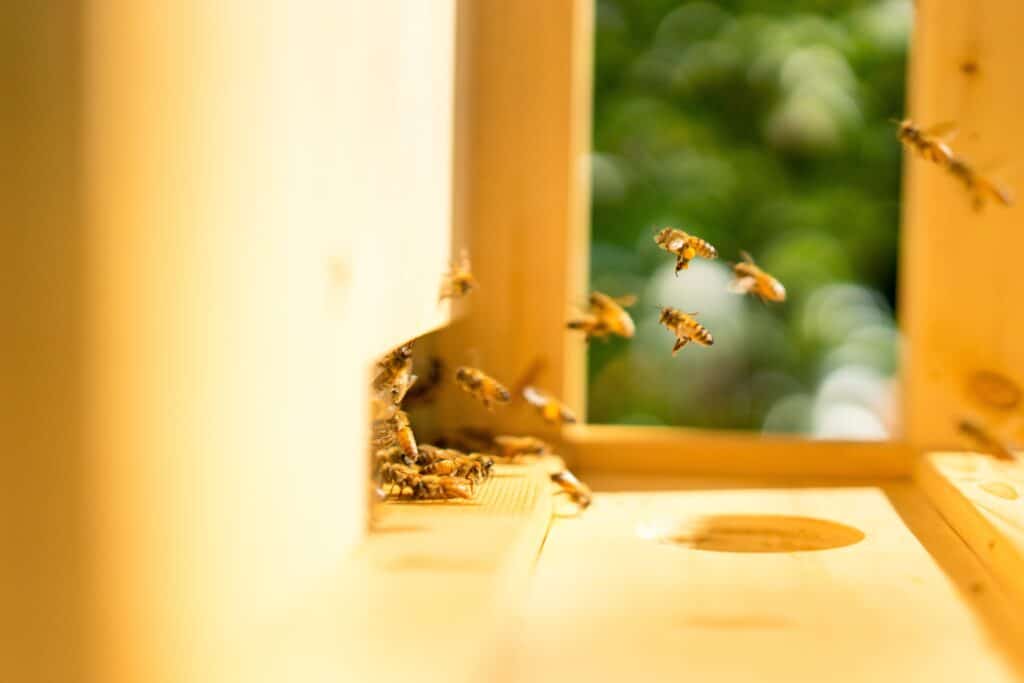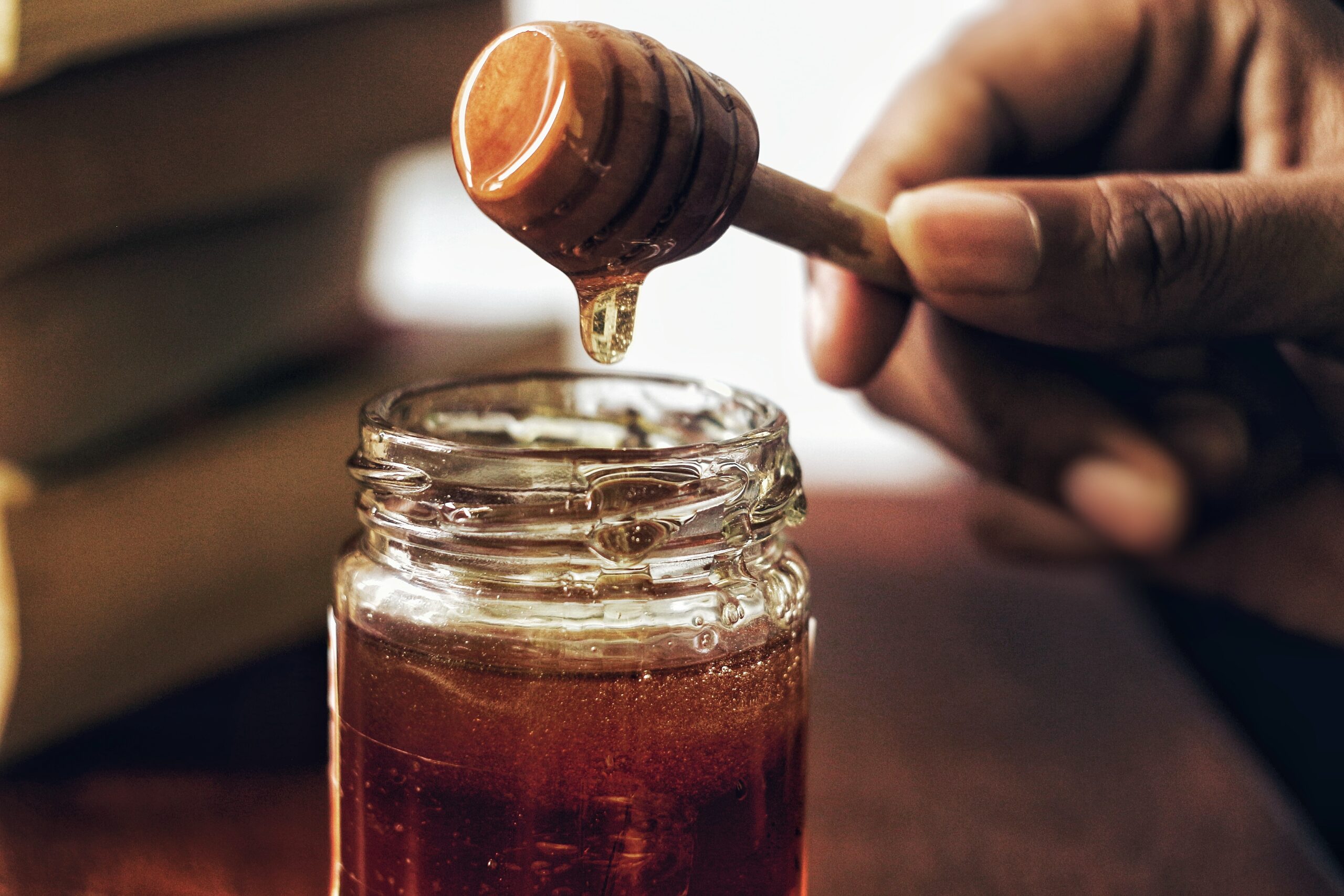At three years old, Darko Mandich felt sick when he saw an animal carcass at a butcher's. He realized that there was something wrong with killing animals for food.
It was hard to become vegan, because for his family, in Croatia, meat was an integral part of daily life and his grandmother also had a restaurant and an oil mill. Today a new adventure with honey reconciles him with the world.
As an entrepreneur, Mandich wanted to combine business and positive action for the planet. Back in Serbia after the civil war, he studied economics in Belgrade and was contacted by one of the largest food companies in the country to learn about honey.
It was 2012, a time when he believed that more honey meant more bees.

With experience, however, he realized that this was not the case.
There are not only honey bees: there are others, and the honey industry that wants to satisfy the ever-increasing demand is not healthy
Darko mandich, MeliBio
Last year he began reading studies on the relationship between honey and wild native bees. “I realized that the honey industry wasn't doing the bees any good,” she recalls.
And so he created Melibio, a startup which aims to create honey without bees. It's not an alternative to honey, says Mandich: it's really honey. Only, it's not made by bees. A rather strong statement, even for a system like the US one which has completely different dynamics and control systems from the Italian ones (even if the qualification of "honey" is everywhere recognized as a product of bees. It will be hard for Mandich to call "honey" what which universally for everyone is not honey).
Honey production is a problem for bees
Some timely and necessary clarifications, received via the fanpage from many Italian beekeepers outraged by this news, and by the prospect of someone defining "honey" as a product that has nothing to do with bees in any way:
1 – In Italy there is no intensive beekeeping;
2 – Studies on competition between honey bees and other pollinators have never been conducted in Italy;
3 – Similar studies conducted in Europe have highlighted negative, neutral and neutral-positive, and therefore not just negative, competition between honeybees and other pollinators.
“This seems counterintuitive, since producing honey means multiplying bees. But the honey bee is only one of 20.000 species of bees. Human demand has seen the honey bee subspecies domesticated and multiplied. For this reason, when they are introduced into new habitats, they chase away the native wild species. If this continues, native bees will become extinct and honey bees will be the only species left.”
This, Mandich explains, would be a disaster for the planet.
Because honey bees, in general, aren't great at pollinating. They're lazy and very specific, Mandich says, and if only they were around nature wouldn't make a big deal.
On the other hand, honey is. It's a big deal. An amazing substance, there is no such product. Honey was found in the Egyptian pyramids, thousands of years old and still good to eat.
It is a very important sweetener. It has a lower glycemic index, antidepressant, anti-inflammatory and energetic qualities. 50% of people consume honey on a weekly basis, either directly or through other products. Sara a $15 billion industry by 2025.
Is it worth using science to produce real honey without the negative impact on bees or the planet?

Melibio
The startup launched last year, when Mandich moved to San Francisco with his wife. The spring was triggered after meeting the scientist, chef and gardener Aaron Schaller. “Five minutes after talking about bees and honey,” she recalls, “we both knew we were going to work together.”
And so the couple co-founded MeliBio. They have developed proprietary technology that links botany to synthetic biology. MeliBio's product isn't made up of several surrogate ingredients, Mandich says: It's simply honey bio-fermented with the same compounds as conventional honey. “Our ultimate goal is to achieve 100% parity with honey across all parameters of taste, texture and benefits,” says Mandich.

The secret: microbial fermentation
The biggest challenge is how to design, set up and scale a technology that would essentially replace bees. Honey would be identical to that of bees, and would only be a starting point. With the same criteria it could be strengthened by dosing the natural principles contained in it.
With 15 companies having already signed a letter of intent to use bio-fermented “honey”, MeliBio will launch towards the end of 2021. Initially, it will operate a B2B model, but later it will explode the creation of different product varieties and begin to also sell at retail.
Mandich admits that the first product will not be cheaper than regular honey, but hopes to reduce its price when production reaches full capacity.
A possible objective, if we take into account that traditional beekeeping still has costs and waste.
These will be exciting times for MeliBio, a company whose name is a combination of two words that should always go together. “Meli” like Melissae, the Greek goddess of honey, and “bio” like biology.


